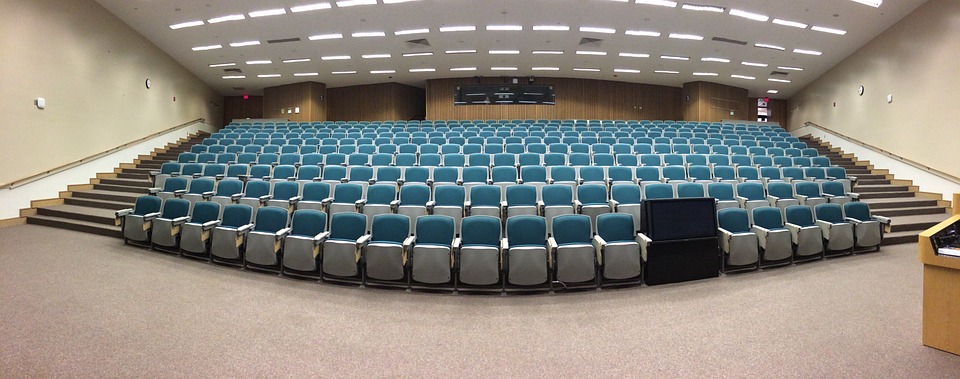I think it’s safe to say the debate on whether to capitalize or expense repair costs applies to every landlord.
Show of hands…
Who has never done a single repair on any property…ever.
Anyone?

I didn’t think so.
The issue is determining whether the cost of repairs must be capitalized and depreciated over a set amount of time or expensed and deducted immediately.
Why Is This Important?
Expensing repair costs immediately is much more beneficial to taxpayers because the amount of the expenditure is being deducted in full against rental income in the year it was paid.
When a repair cost is capitalized, however, the deduction is spread out over a period of time via depreciation. This takes years to realize the full benefit of a repair cost but it must be done in certain instances.
To give you a quick example, let’s assume you spent $2,000 on a repair and you’re in the 24% tax bracket. If you’re able to expense this cost immediately, you can deduct $2,000 against your rental income in the current year. This translates into $480 of tax dollars ($2,000 x 24%). If you have to capitalize this cost, the deduction would be spread over the life of the property (27.5 years for residential real estate and 39 years for commercial). Assuming it’s residential, you’d be able to deduct about $73 ($2,000 / 27.5) in the current year, which equates to about $17 of tax dollars.
Pretty big difference.
The BRA Test
What are the determining factors in deciding if a cost should be expensed or capitalized?

The “BRA” test will help point us in the right direction. The IRS says that a repair cost should be capitalized and depreciated if it improved the property. An improvement is a betterment, restoration, or adaptation.
- Betterments – amounts paid:
-
- to fix a material condition or material defect that existed before you bought the property (whether you knew about it or not) or arose during the development of the property,
-
- for a material addition (extension, expansion, enlargement, etc.) to the property or a material increase in capacity, or
- that are expected to materially increase the efficiency, productivity, quality, or strength of the property
-
- Restorations – amounts paid:
-
- to replace a major component or a substantial structural part of the property,
-
- that result in the recognition of gains or losses and basis adjustments (deducted loss, sale or exchange, casualty loss),
-
- to restore the property to normal operating conditions after deteriorating to a state of disrepair, or
- to rebuild the property to a like-new condition after the end of its class life
-
- Adaptations – amounts paid to adapt the property to new or different use; new or different use means converting the property to a use that is different from the original use when you first bought it.
If your repair costs fall into any of the above categories, the expenditure must be capitalized and depreciated over its useful life.
However, in the least surprising news of all time, there are certain exceptions to this rule.
Safe Harbor Rules
Thankfully, the IRS implemented a de minimis safe harbor rule, a safe harbor rule for small taxpayers, and a safe harbor rule for routine maintenance. For those of you who are not fluent in tax lingo, let’s break down these three rules.
The de minimis safe harbor rule means that expenditures equal to or less than a certain amount—$2,500, or $5,000 if you have an applicable financial statement—per invoice or item can be expensed and deducted in full. The idea is, why put a $200 repair cost through the BRA test when the amount is nominal?
The safe harbor rule for small taxpayers means that certain taxpayers—if certain requirements are met—can expense and immediately deduct repair costs. The requirements are as follows and all of them must be met:
- Average annual gross revenue must be $10 million or less
- The unadjusted basis of the property must be $1 million or less
- The total amount paid for improvements, repairs, and maintenance during the year is less than $10,000 or 2% of the unadjusted basis of the property (whichever is lower).

The safe harbor rule for routine maintenance states that you don’t have to capitalize an expense that meets all the following criteria:
- Amounts paid for expected, recurring activities (normal maintenance of a property)
- The maintenance is needed as a result of the property being used in a trade or business
- The repairs are necessary for keeping the property operating in ordinary working conditions
- It’s expected that the following maintenance would be needed:
- For buildings – more than once during a ten-year period
- For non-building property – more than once during the asset’s depreciable life
An election must be made for each of the first two safe harbor rules on the tax return in the year in which the expenses were incurred.
Tip for Newly Acquired Properties
When rehabbing or renovating a newly purchased property, almost all expenses incurred before the property is placed in service must be added to the basis of the property and depreciated over its useful life, irrespective of the BRA test or any of the safe harbor rules.
Hence, it’s imperative to place your property in service ASAP by advertising the rental unit(s) as soon as it’s ready for rent to avoid capitalizing repair costs that would normally be expensed in full.
Seek Help!
The rules and regulations surrounding the determination of whether to capitalize or expense repair costs are convoluted and should not be navigated by anyone other than an experienced professional.

One wrong move could cost you a nice chunk of tax dollars or even expose you to the possibility of an audit.
If you are unsure of the deductibility and correct reporting of your repair expenses, hire a (preferably real-estate-savvy) CPA to help you out. It’s worth it!
Aiola CPA, PLLC is a 100% virtual CPA firm, specializing in tax planning and preparation for real estate investors. See more at www.aiolacpa.com



